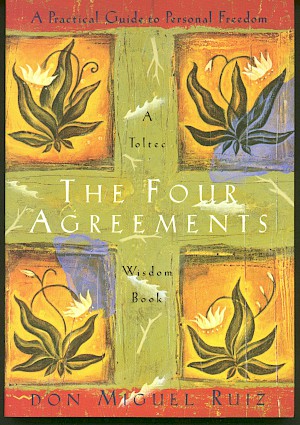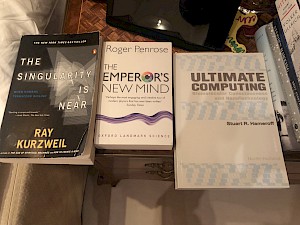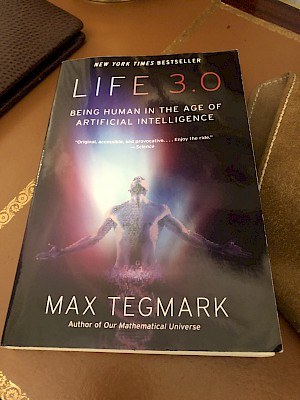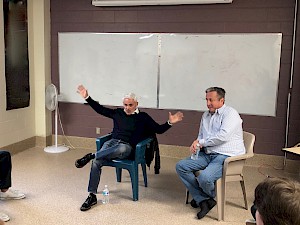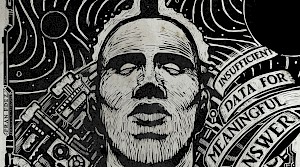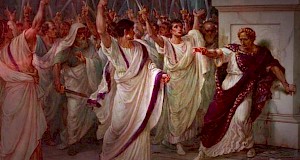21 Lessons … and a Curious Recommendation for Humanity
March 13, 2019During the Christmas holidays, three friends decided to gift me the same book. I recently got around to reading one of the copies. (Sorry, friends – I have no idea whose copy I ultimately read.) The book, 21 Lessons for the 21st Century, was written by Yuval Noah Harari, who also wrote the bestseller, Sapiens, a few years ago. Like Sapiens – which I enjoyed immensely – the current book looks at humanity, only this time Harari is looking at our immediate future rather than the past. He writes in an entertaining style, peppering serious topics with abundant wit. It’s a fun read and though not as good as Sapiens, I do recommend it.
Lacking answers
Having said that, the title of the book suggests it will provide insightful answers to some of the more pressing issues facing mankind, which it disappointingly does not deliver. Harari does end the book with a recommendation for humanity, but – spoiler alert – the recommendation is that we all practice Vipassana as a means of getting in touch with our inner suffering. I am not sure how meditation will fix the world’s ills, but that aside, Harari makes some worthwhile observations.
The book contains many sweeping generalizations and the observations are, for the most part, far from novel. But they are relevant and inarguably in need of real solutions. I would prefer answers, especially in these turbulent times. But providing workable answers requires accurate predictions, which is not an easy task with all the dynamic and complex forces at play in today’s world.
The business of being a futurist is tricky. Even Nostradamus, likely the best-known seer in history, was right only some of the time. He may have predicted Napoleon and Hitler, but as far as I can tell, several dates have come and gone without a sign of the predicted arrival of a Mabus (Antichrist). Similarly, we made it into the second millennium and we haven’t been hit by a zombie pandemic … yet. And Francis Fukuyama got it completely wrong. The Cold War did not signal the end of history and the universalization of Western liberal democracy. Quite the opposite.
No point worrying
We would all love to gaze into a crystal ball and see some aspect of our future. Personally, I have a morbid fascination with what will bring an end to life on earth as we know it. Will we be hit by an asteroid or comet like the one that wiped out dinosaurs 65 million years ago? Some scientists suggest we are already about 30 million years overdue for the next big one. But I am not going to lose sleep over something that is measured in millions of years – it seems rather pointless. Why lie awake at night worrying about the possibility that half of La Palma Island in the Canaries could slide into the Atlantic Ocean, taking out the coasts of Southern Europe and the Eastern seaboard of the U.S. with 2,000-foot tsunamis? 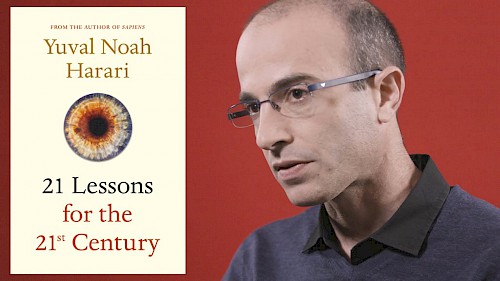 Or, closer to home, the prospect of the 2,000 square mile active super-volcano underneath Yellowstone Park erupting as it did 630,000 years ago? An event that would wipe out North America and plunge the earth into a multi-year winter. There is no point worrying about any of these things happening. However, the book covers some of the things we do have the power to shape or prevent, if – and that’s a big if – mankind has the resolve to cooperate on these issues.
Or, closer to home, the prospect of the 2,000 square mile active super-volcano underneath Yellowstone Park erupting as it did 630,000 years ago? An event that would wipe out North America and plunge the earth into a multi-year winter. There is no point worrying about any of these things happening. However, the book covers some of the things we do have the power to shape or prevent, if – and that’s a big if – mankind has the resolve to cooperate on these issues.
Massive shift coming
21 Lessons covers a lot of ground and touches on topical subjects such as ecological collapse, war, fake news, and the dangers of rising nationalism. But the one area that fascinated me most was Harari’s take on infotech, biotech, robotics and artificial intelligence and how all these things can potentially reshape humanity and exacerbate the divide between the haves and have nots. I have read a lot about this subject and believe we are woefully unprepared for such a massive shift, which is predicted to unfold over the next 10 to 20 years. On a potentially darker note, if you are familiar with 19th and 20th century history, be warned: The 100 years of chaotic and bloody adjustment that took place as a result of the industrial revolution will likely pale in comparison to the global job disruption that may be around the corner. For this part alone, the book is worth reading.
If, after you read this book, you conclude that our situation is hopeless – you can always take up Vipassana.




